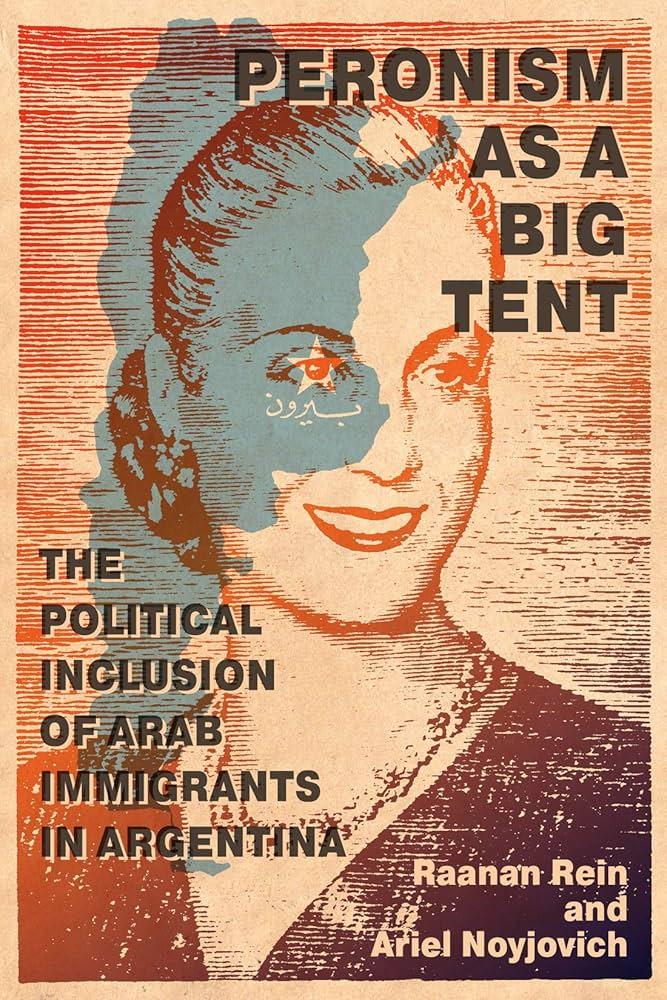In a significant turn of events, Peronism has emerged victorious in the recent elections held in Buenos Aires Province, revitalizing its influence in one of Argentina’s most populous regions. As voter turnout surged, the historic political movement demonstrated its resilience amidst a tumultuous national landscape, reaffirming its appeal among the electorate. With candidates espousing traditional Peronist values claiming key positions, this latest outcome could reshuffle the political dynamics not only within the province but across the entire country. Analysts and political strategists are closely monitoring the implications of this resurgence, as it signals a potential revival of a movement that has shaped Argentine politics for decades. In this article, we delve into the election results, the factors contributing to Peronism’s renewed strength, and the potential ramifications for the broader political climate in Argentina.
Peronism Secures Resounding Victory in Buenos Aires Province Elections
In a pivotal election that reaffirms its status as a dominant force in Argentine politics, the Peronist party has achieved a significant victory in the Buenos Aires Province elections. With voter turnout surpassing expectations, the Peronist candidates captured key local and provincial positions, demonstrating a robust support base among the electorate.
Analysts pinpoint several factors contributing to this electoral success, including:
- Strong Grassroots Campaigns: Engaging directly with communities and addressing local issues.
- Social Policies: Continued focus on welfare programs that resonate with working-class voters.
- Coalition Strategies: Effective alliances with other political groups to unify voter bases.
As results pour in, the mood within Peronist ranks remains jubilant, highlighting a renewed commitment to addressing pressing social and economic challenges that the province faces.
Analysis of Voter Sentiment and Key Demographics Behind Peronist Resurgence
The latest electoral outcomes in Buenos Aires Province reveal a significant resurgence for the Peronist movement, reflected not only in the vote tallies but also in the underlying voter sentiments and demographic patterns. Working-class citizens, traditionally the backbone of Peronism, continue to show unwavering support, driven by economic concerns such as inflation and unemployment. This demographic is particularly concerned with the rising cost of living, as many perceive the current government’s measures as inadequate. Young voters, too, have shifted their loyalties, attracted by new leaders within the party who resonate with their aspirations for social equity and employment opportunities.
In-depth analysis indicates that Peronism’s increasing appeal can be attributed to several key factors:
- Effective grassroots campaigning: Local leaders have revitalized community engagement.
- Socioeconomic messaging: Highlighting the importance of social justice and welfare programs.
- Cultural connections: Leveraging a rich cultural legacy that resonates with many voters.
Examining voter age demographics reveals comprehensive shifts in support:
| Age Group | Support for Peronism (%) |
|---|---|
| 18-24 | 38 |
| 25-34 | 45 |
| 35-44 | 50 |
| 45+ | 58 |
This shift in voter sentiment and demographic engagement underscores not only a revival of Peronism in the province but also signals a potential reconfiguration of political alliances moving forward, making it imperative for observers to closely monitor these evolving dynamics.
Strategies for Strengthening Peronist Influence in Future Political Landscape
To solidify Peronism’s position in the evolving political landscape, a multifaceted approach is essential. This includes strengthening grassroots connections and enhancing community engagement to resonate with the electorate. Key strategies may involve:
- Revitalizing Local Chapters: Increasing the number of local Peronist chapters to ensure representation across diverse communities.
- Engaging Youth: Developing programs aimed at younger generations to cultivate political awareness and involvement.
- Improving Communication: Utilizing digital platforms to communicate effectively and transparently with supporters.
- Creating Alliances: Forming coalitions with other progressive movements to strengthen political influence.
Additionally, leveraging the power of data analytics to assess voter sentiment and preferences could provide crucial insights for campaign strategies. A comprehensive analysis could include:
| Focus Area | Action Item |
|---|---|
| Voter Research | Conduct surveys to identify key issues affecting voters. |
| Campaign Messaging | Create targeted messaging that speaks directly to voter concerns. |
| Feedback Mechanisms | Establish channels for continuous voter feedback to adapt strategies. |
The Conclusion
In conclusion, the recent elections in Buenos Aires Province mark a significant resurgence for Peronism, reflecting a shift in the political landscape that could have far-reaching implications for both regional and national governance. As supporters celebrate this renewed momentum, analysts suggest that the outcomes indicate a growing demand for policies that resonate with the historical roots of the Peronist movement, particularly amidst ongoing economic challenges. The results not only highlight the resilience of the party but also set the stage for future political dynamics in Argentina, as the ruling coalition grapples with opposition strength and public expectations. As the country navigates these changes, all eyes will be on the Peronist leadership’s response and the unfolding political narrative in the months to come.
